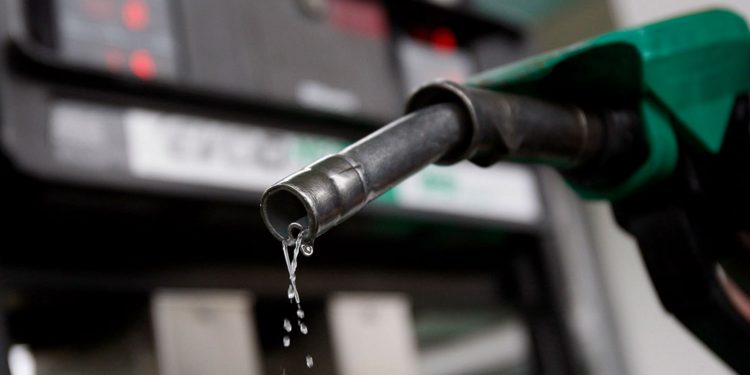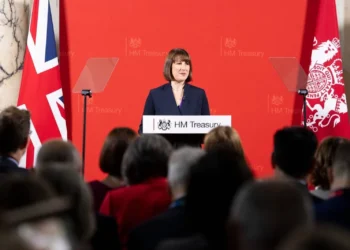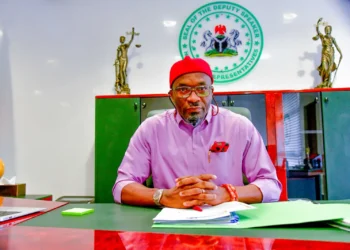The relentless surge in fuel costs has sent shockwaves across Nigeria, as citizens grapple with the economic ramifications of skyrocketing prices at the pump. The multifaceted factors driving this upward trajectory and the subsequent blame game have ignited debates among stakeholders. As the nation confronts this pressing issue, prominent voices and Nigerian tabloids offer insights into the unfolding crisis.
Nigerian tabloids have offered comprehensive coverage of the unfolding crisis, with headlines highlighting the strain on citizens’ budgets and the potential implications for inflation. “Fuel Price Surge Squeezes Household Budgets,” reads a headline in The Guardian, while Vanguard reports, “Inflation Looms as Fuel Costs Soar: Experts Raise Concerns.”
Quick look at the background and causes: The escalating fuel costs in Nigeria have been attributed to a confluence of factors, each contributing to the surge at the pumps. The global rise in oil prices, coupled with supply chain disruptions and fluctuations in the international market, have created a perfect storm that has inevitably trickled down to local consumers.
The depreciation of the Naira against major foreign currencies has further exacerbated the situation, placing immense pressure on fuel importation costs. This has further inflated the pump prices for already overburdened citizens.
Then enters the blame game: Who Is Responsible? In the wake of this crisis, blame is being assigned to various quarters. Government officials, opposition figures, and industry experts have engaged in a verbal tussle over accountability.
Some critics point fingers at the APC led federal government for its perceived mismanagement of the economy and inadequate policies to mitigate the impact of global oil market fluctuations.
On the other hand, government representatives argue that external factors beyond their control, such as geopolitical tensions and supply chain disruptions, are major contributors.
Prominent voices weigh in: Nigerian tabloids have been buzzing with opinions from prominent voices shedding light on the fuel cost crisis. Economist Akinwunmi Adesina highlighted the need for a diversified economy, stating, “Overdependence on oil revenues leaves us vulnerable to global market shocks.”
Femi Falana, a human rights lawyer, emphasized transparency, asserting, “Government must be forthright in revealing the true extent of the situation to citizens.”
Predicting the path forward: As Nigerians grapple with the current fuel cost challenges, concerns are mounting about the potential for even higher prices in the near future.
Industry experts predict that without swift and comprehensive interventions, the fuel cost may increase by an additional 10-15% over the next quarter, further burdening citizens and exacerbating inflationary pressures.
As the nation remains in crisis mode, the surge in fuel costs has cast a cloud of uncertainty over Nigeria’s economic landscape, triggering debates and demanding urgent solutions.
As stakeholders point fingers and citizens face the brunt of these rising prices, the path forward requires collaborative efforts from government, industry players, and civil society to address the root causes and find sustainable solutions.
The nation watches with bated breath as policymakers grapple with this complex issue that has far-reaching implications for the Nigerian economy and its people’s livelihoods.












